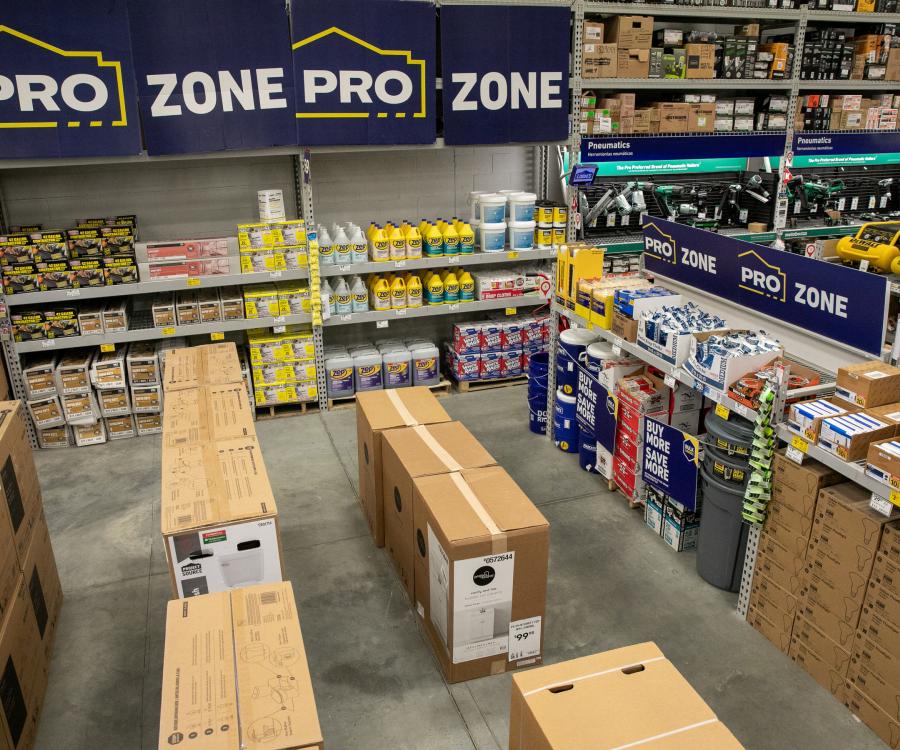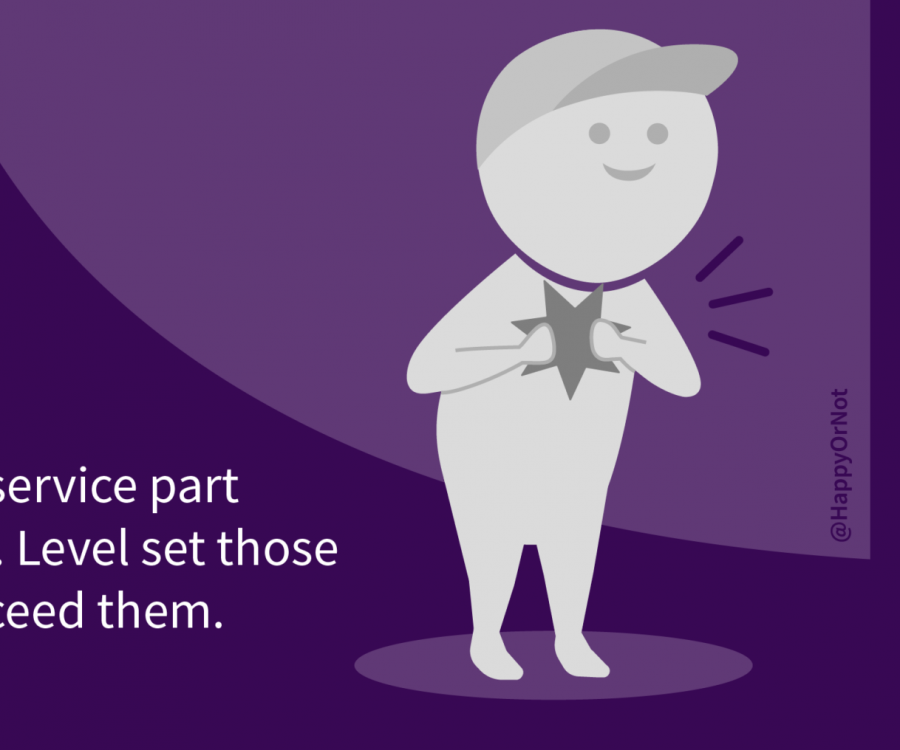
Providing more detailed, personalised answers to consumer questions on their channel of choice is now key to winning and retaining customers – but brands in the UK are failing to meet rising expectations.
91 percent of consumers surveyed by Eptica say not answering their questions satisfactorily annoys them and makes them less loyal, with 75% complaining that customer service agents don’t have the information needed to respond to their queries. 70% say they get inconsistent answers across different channels.The research, part of the 2018 Eptica Knowledge Management Study, found that consumers have rising expectations. 88% want brands to be more transparent and provide more in-depth information, while nearly two thirds (65%) say their questions are more detailed, compared to five years ago. Yet on average 86% are unhappy with the responses they receive across channels.
Successfully managing knowledge and delivering fast, consistent answers is central to the customer experience, brand reputation and bottom line revenues. When combined with artificial intelligence and Natural Language Processing (NLP), centralised knowledge supports the introduction of chatbots, underpins self-service on websites and empowers agents when responding to consumers.
Lack of knowledge when answering customers hurts businesses, but being able to provide accurate answers drives loyalty. 84 percent of consumers said they’d switch to a rival if a company website did not provide the right information, while 94% of consumers say that receiving a high quality, personalised response makes them more likely to buy from that company again.
“The power of knowledge has never been more important to brands, it is essential for deploying artificial intelligence and Natural Language Processing to automate customer engagement as well as to empower agents,” said Olivier Njamfa, CEO and Co-Founder, Eptica. “As our research shows, not meeting customer expectations will directly impact your bottom line. Companies need to take a holistic approach to customer service knowledge, using AI to make their knowledge work for them, ensuring that consumers get the right answers, whether via self-service, a chatbot, or even the phone.”
With websites often the first point of call for information, consumers want to be able to find answers quickly and with minimum effort. Over nine in ten (91%) become frustrated if they cannot rapidly find an answer online. 90% want to be able to find the answer without searching through multiple locations or leaving the page they are on to find it, showing the need for effective web self-service solutions. 65 percent of consumers say they’ll pick up the phone if they can’t get an online answer, adding to their frustration, and also increasing costs for the brand.
The research found that failing to deliver fast, accurate answers impacts companies in five ways:
- 22 percent of consumers across all channels said that they would switch to a rival, losing immediate and future revenues.
- 23 percent repeated their question on the same channel, adding to the volume of queries and pushing up costs
- 30 percent would switch to more expensive channels, particularly those that involve agents (such as email and the phone)
- Just 14 percent said they’d continue on their journey, but that their view of the company would be damaged
- 16 percent would complain to the company, with 6% complaining on social media, again damaging brand reputation







